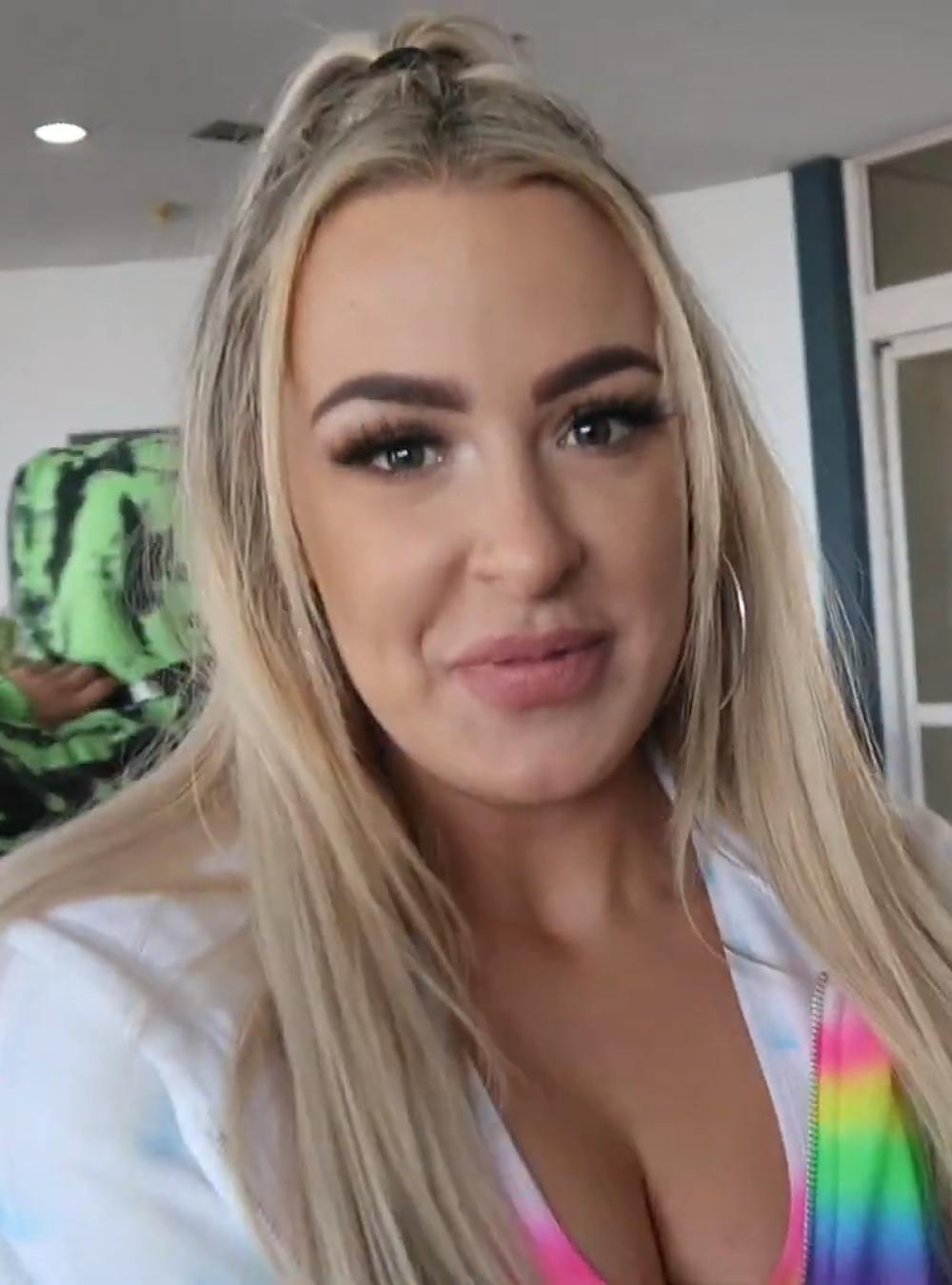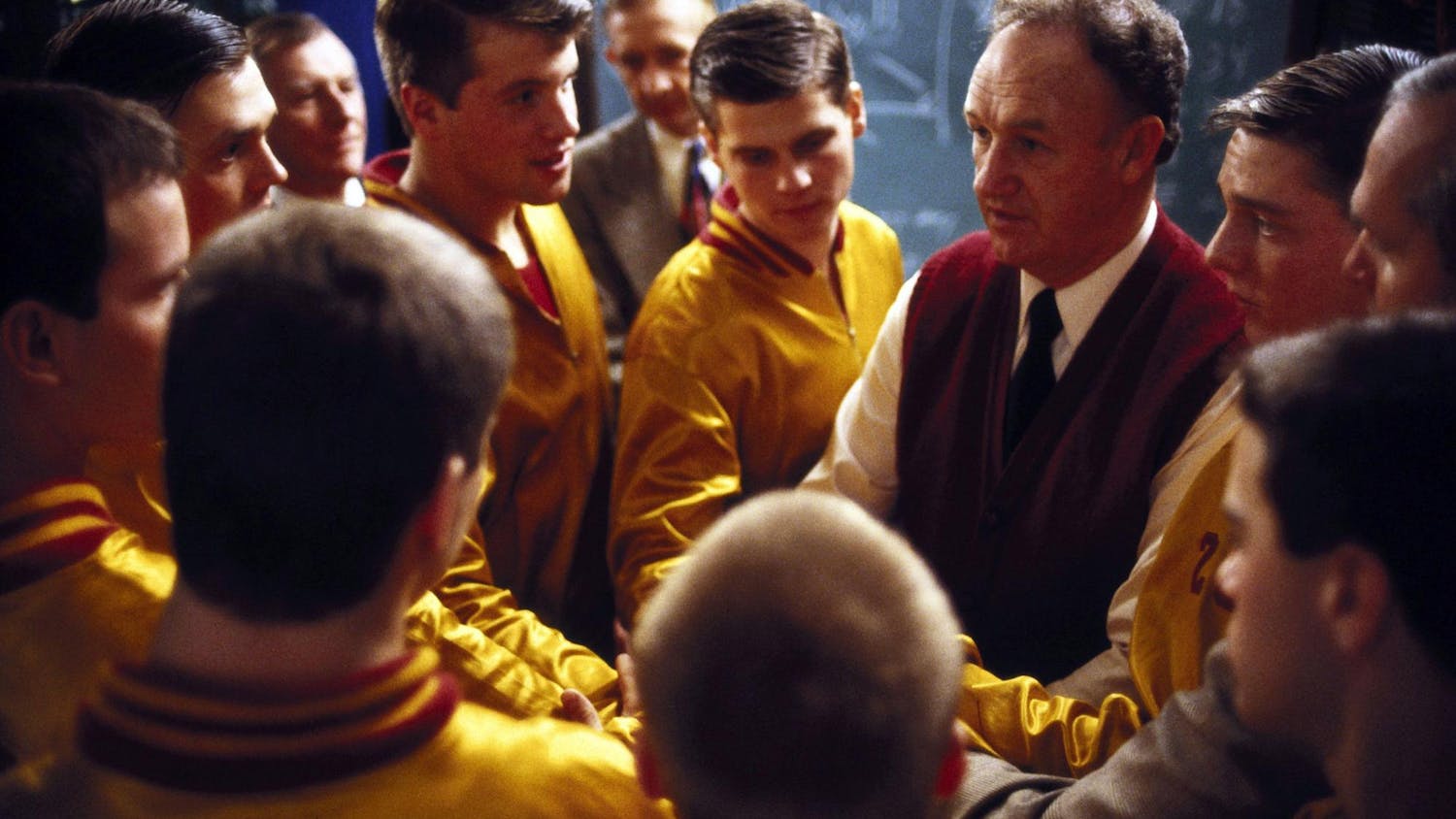Through social media, the internet makes it easy to gain fame for providing entertainment. Even one of IU’s students amassed more than 3 million followers after he posted a video dancing to trendy pop songs in front of his class.
People who have been able to maintain their success have been labeled as “influencers,” or influential people on social media who promote brands and products. These people have millions of followers, some even garnering fans who go viral just for looking like their favorite influencer.
Tana Mongeau, a YouTuber who gained massive popularity through her storytime videos, has significantly more than 5 million followers on Instagram and has uploaded videos of her and her friends partying throughout the pandemic. Charli D’Amelio, who has the most followers on TikTok, was also seen at big social gatherings during the pandemic.
Although other big influencers like Chris Klemens and celebrities like Ariana Grande called out the celebrities who were putting people at risk through such reckless behaviors, nothing changed.
Some may say that whether certain people choose to party or not during a pandemic is their prerogative. But it’s different if an influencer did something that only affected them. For something as serious as a worldwide virus, it’s reasonable to call influencers out for only caring about themselves.
It is not just a mob of “haters” trying to control influencers’ every move, but it is a matter of safety for every innocent person within their proximity and should be taken seriously. Influencers have that title for a reason. Actions like these influence their followers to do the same, because “If Tana Mongeau can party and not get sick, then why can’t I?”
Even if an influencer came into the spotlight without planning on becoming famous, they are now. Influencers can’t wish to keep the spotlight but not play on a moral ground, because whatever they do is reflected to a whole audience. In cases where the actions of an influencer impacts or harms other people, it is a harmful rhetoric to say, “you do you and I’ll do me.”
Some influencers have spoken up after getting “canceled,” saying things like, “I didn’t sign up to be in this position.” While that is understandable, and everyone deserves to be heard and understood to a certain extent, part of an influencer’s job is to know there are more people looking at them than just their audience, and they can easily influence how people feel and act.
It is their job to understand how their actions impact people.
Even though the internet can be brutal when holding influencers accountable, it shouldn’t be that hard not to do certain things like promoting partying during a pandemic, saying a racial slur or doing something overtly offensive.
In 2017, Tana Mongeau was exposed for her racist past by a YouTuber called iDubbz, who cited many accounts of her use of the N-word. Mongeau responded through a few Twitter posts saying that all she could do was apologize and move on.
Mongeau explained away her behaviors by blaming it on her young age, and the reactions to the apology were divided. While many people thought that being a teenager was old enough to know between right and wrong, Mongeau’s fans were quick to forgive her. The era of not taking full accountability due to young age was born.
Makeup guru James Charles made headlines for one of his controversial tweets in 2017 which stated, “I can’t believe we’re going to Africa today omg what if we get Ebola?” He was immediately faced with backlash over this racist comment, but just like Tana Mongeau’s scandals, Charles was also given the pass of having been young when he wrote that tweet. This dilutes the voices of POC who have been hurt and doesn’t allow the perpetrators to fully understand the implications of their words.
Social responsibility accompanying a big following should be a given, but it isn’t. Through the internet holding influencers accountable for their actions, more and more influencers seem to be careful what they choose to spread on their platform.




